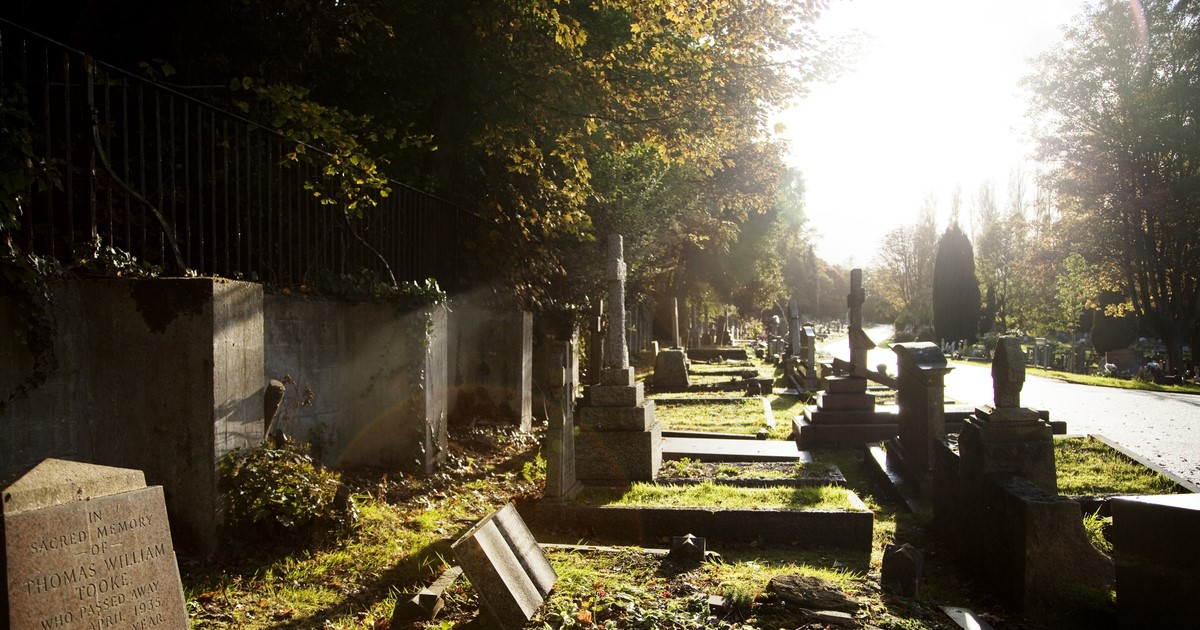I have preached the truth a hundred times to others and a thousand times to myself: You can’t sin without consequence. That’s not the way God has structured his world. It’s not the way God has structured his people. For Christians, the ultimate consequences have been fully paid by Jesus Christ, but this does not mean there is no reason to fear immediate consequences. Here, with an assist from a favorite writer, are four grave dangers in every sin.
The Danger of Becoming Hardened
The first danger is the danger of becoming hardened. The fact is, sin means to harden you against the love and mercy of God. In fact, the ultimate aim of each and every sin, no matter how small it seems, is to fully harden you against God. John Owen warns you must, “Take heed, use all means, consider your temptations, watch diligently; there is a treachery, a deceit in sin, that tends to the hardening of your hearts from the fear of God.” Every sin nudges you toward a complete and utter hardness of heart. The fact is, your sin is always several steps ahead of you. “Is it not enough to make any heart tremble, to think of being brought into that estate wherein he should have slight thoughts of sin? Slight thoughts of grace, of mercy, of the blood of Christ, of the law, heaven, and hell, come all in at the same season. Take heed, this is that [which you sin] is working toward—the hardening of the heart, searing of the conscience, blinding of the mind, stupifying of the affections, and deceiving of the whole soul.”
The Danger of Divine Correction
The second danger is the danger of divine correction. Your sin may lead God to bring some kind of discipline against you, even though he still forgives you. “Though God should not utterly cast you off for this abomination that lies in your heart, yet he will visit you with the rod; though he pardon and forgive, he will take vengeance of your inventions.” God, as a loving Father, sometimes disciplines you for your own good. The love you have for your children sometimes leads you to discipline them for their sin, and the same is true of God’s love for you. The sin you long to commit may just bring his corrective discipline upon you.
The Danger of Drained Peace and Strength
The third danger is that sin may drain you of spiritual peace and strength. Your sin may bring about long-term consequences that will extend through all of life. “It is perhaps but a little while and you shall see the face of God in peace no more. Perhaps by tomorrow you shall not be able to pray, read, hear or perform any duties with the least cheerfulness, life, or vigor; and possibly you may never see a quiet hour while you live…” And all of this may come about because you chose to sin and you are now bearing the consequences. You cannot sin wilfully and recklessly without consequence.
The Danger of Eternal Destruction
The greatest danger of all is that if you continue in sin you may prove you are not saved at all and, therefore, face God’s wrath. “There is such a connection between a continuance in sin and eternal destruction that though God does resolve to deliver some from a continuance in sin that they may not be destroyed, yet he will deliver none from destruction that continue in sin; so that while anyone lies under an abiding power of sin, the threats of destruction and everlasting separation from God are to be held out to him.” While sin–even serious sin–does not necessarily prove that you are unsaved, continuing in sin without any progress against it, should stand as a serious warning. If you continue unrepentantly in your sin, you prove you are not saved at all and will leave this life to face God’s eternal judgment.










